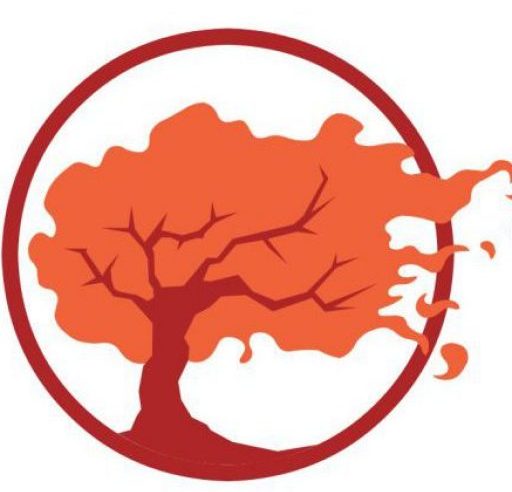On December 14, 2012, in Newtown, Connecticut, around 9:30 in the morning, a gunman entered an elementary school and on a rampage, after killing his mother with one of her guns, killed extraordinarily courageous staff members– teachers, a psychologist, and the principal (all women), and 20 small children, six and seven years of age. Grief came, of course. But as well, the barrage of questioning, why and how. Of course. Then the analysis and the making of the story of this in the United States. “Never before…Now we see what is wrong with our country…” They said, “9/11 changed everything; never before had we been attacked on our own soil.”
I say, I said then, this:
This horror now…so many, so many children. I can’t help but thinking that if you go down into the layers of the text of this country, the story of this country, you find profound violence. If you move out, follow the roads seen and unseen, of the spiderweb, into the present moment worldwide, you find profound violence, some significant parts of that, in some way funded by this country, the United States (of Amnesia). How could this not seep out in a million, in infinite, ways large and small?
Some of what we see in a novel or film or memoir we are deeply moved and shaken by, are the small, specific ways that the results of deep and diffuse causes, that which permeates the fabric of story, seep out and make that pattern of events on the surface of the weaving of story.
(Sad, too, that we can assume the shooter is white, because his race was not identified. Is this part of the story?)
This horror, this terrible loss of so many people, and oh, so many little ones in the school shooting in Connecticut, they say in the media is a shock, the psychologist says, they must go back to normal as soon as possible. But what of the children, the parents, whose “normal” is horror and loss, murder, torture, bombings, mutilations, rapes, sexual slavery? What shall they do? A reporter spoke again of how before 9/11 there was never an attack on “our soil”. I understand this “our,” this “we,” to exclude, then. Wounded Knee and all the genocidal theft that preceded it. The 1920 attack by whites on the Greenwood black community in Tulsa. The destruction of many poor and working class communities to make loveliness for the wealthy. Lynchings. The constant war against women and children. The attack within that vets bring home. The complete attack on rights, psyche and body of the GLBT community. Attacks against immigrants. There are attacks on our soil every day. A list that is infinite, of murder and rape and profound. damage, known and unknown. To say there were never attacks on our soil tells me who “we” is meant to exclude, and yet, no one is exempt.
This sleepy New England town, I grieve for you, in my gut, the unbearable has happened. But the fabric of this loss has covered us all since the first blow, and continues to. Blood flows without care. Is this terrible to say? Or is this my millionth appeal against historical amnesia, against blindness to the world next door, over this and that “border”, blindness to the ones who look expendable to those who say “we have never experienced or expected this…”. This one world is bleeding, and this bleeding must be stopped or every organ, every cell of it will know illness, agony, loss, horror, death.
All this, those children, unbearable, those destroyed families, that shellshocked town, every child who fears school, unbearable. I am sorry to say all this, I am sorry to have to. Wishing strength to all the bereaved, to us all.
Anya Achtenberg

Well said. Someone has to say it. We (all of we) have to face it. This is not new to those of us who face tragedy regularly. I so appreciate your ability to empathize with, if not every, so many diverse faces of our communities.
Can’t believe I’ve not visited your blog before. Will be sure to come back and share it with others.
LikeLike
Dear Carlene,
How good to hear these words from you, I appreciate it so much. Not an easy thing to connect on, but urgent, I think, to say what we need to …
Thank you so much for sharing this site.
All best,
Anya
LikeLike